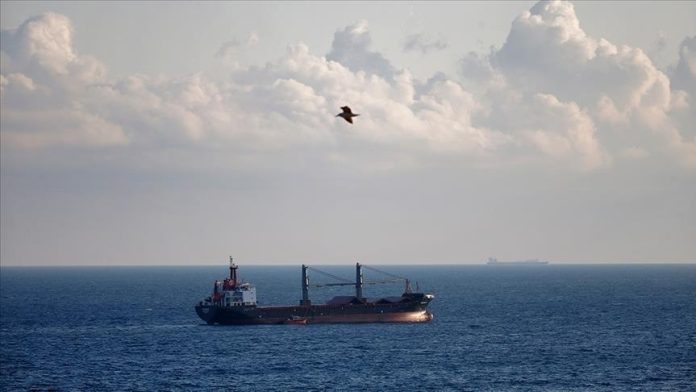Russia sees no need to prolong last year’s Black Sea Grain Initiative agreement, which is scheduled to expire in less than two weeks, according to the Kremlin on Tuesday.
According to a Foreign Ministry statement, Moscow is “making the necessary efforts in strict accordance with the rules of procedure so that all vessels participating in it can successfully complete their mission and leave the Black Sea” before the arrangement ends on July 17.
The foreign service explained the decision, saying the pact’s objective was twisted since instead of shipments to Africa, the food was mostly carried to “well-fed countries,” and there had been no development on the Russian side of the arrangement. The ruling also noted a blast last month that shut down the Togliatti-Odesa pipeline, which was meant to transport Russian fertilisers.
According to the government, the ammonia pipeline explosion “was designed on the pattern of the Nord Stream gas pipelines explosion” last September, implying that the same forces are responsible for both acts of sabotage.
Turkey, the United Nations, Russia, and Ukraine inked an agreement in Istanbul last July to restore grain shipments from three Ukrainian Black Sea ports that had been blocked following the outbreak of the Ukraine war in February of last year.
Last September, underwater explosions targeted the Nord Stream 1 and Nord Stream 2 pipelines, which sent Russian natural gas to Germany and the rest of Europe via the Baltic Sea.
Moscow accuses the West, notably the United States, of being directly responsible for the explosions. It requested a UN-led international probe into possible sabotage, but the request was denied.
According to US media sources, Washington was aware of a Ukrainian conspiracy to blow up the gas pipelines, but Kiev has denied any involvement.
The Togliatti-Odesa ammonia pipeline transported ammonia (a extensively used fertiliser) from the Russian city of Togliatti (Tolyatti) to the Ukrainian port of Odesa, where it was loaded onto ships for onward distribution across the globe. On June 7, it exploded, with Russia and Ukraine trading accusations.
Moscow alleges that Kyiv’s military forces mined and detonated the infrastructure after UN officials raised pressure on Ukraine, asking that Russian fertiliser deliveries be resumed.
Meanwhile, the governor of Ukraine’s northeastern Kharkiv area, Oleh Synyehubov, said the leak was caused by Russia’s bombardment of the region.

